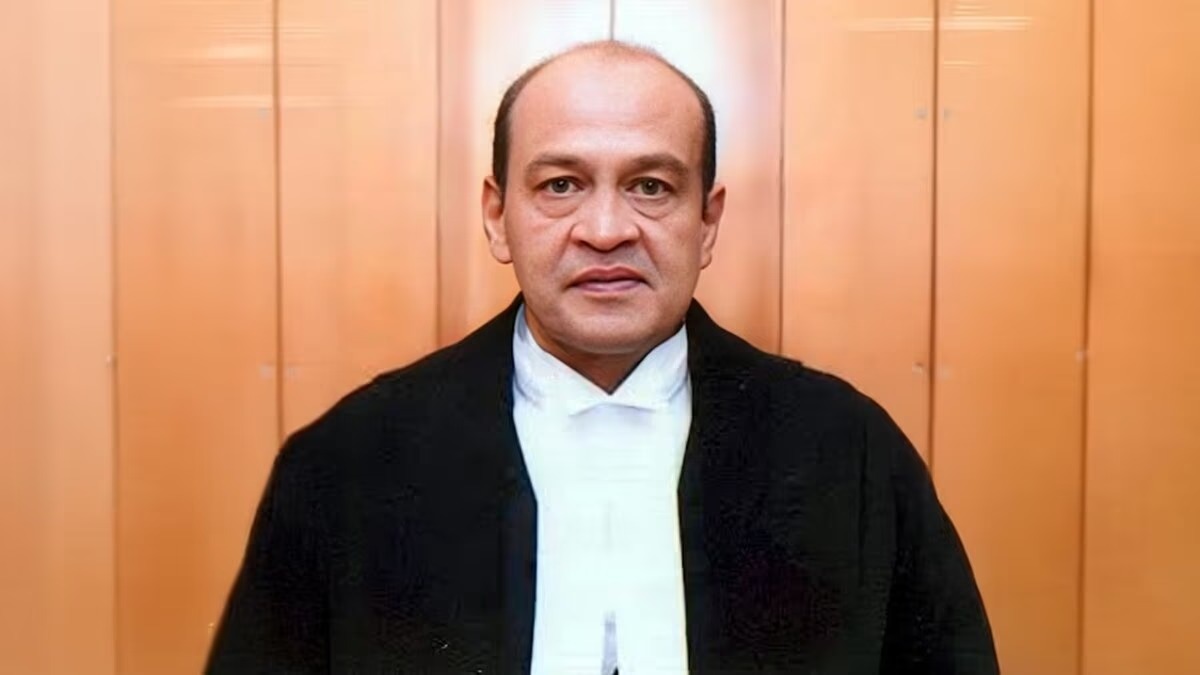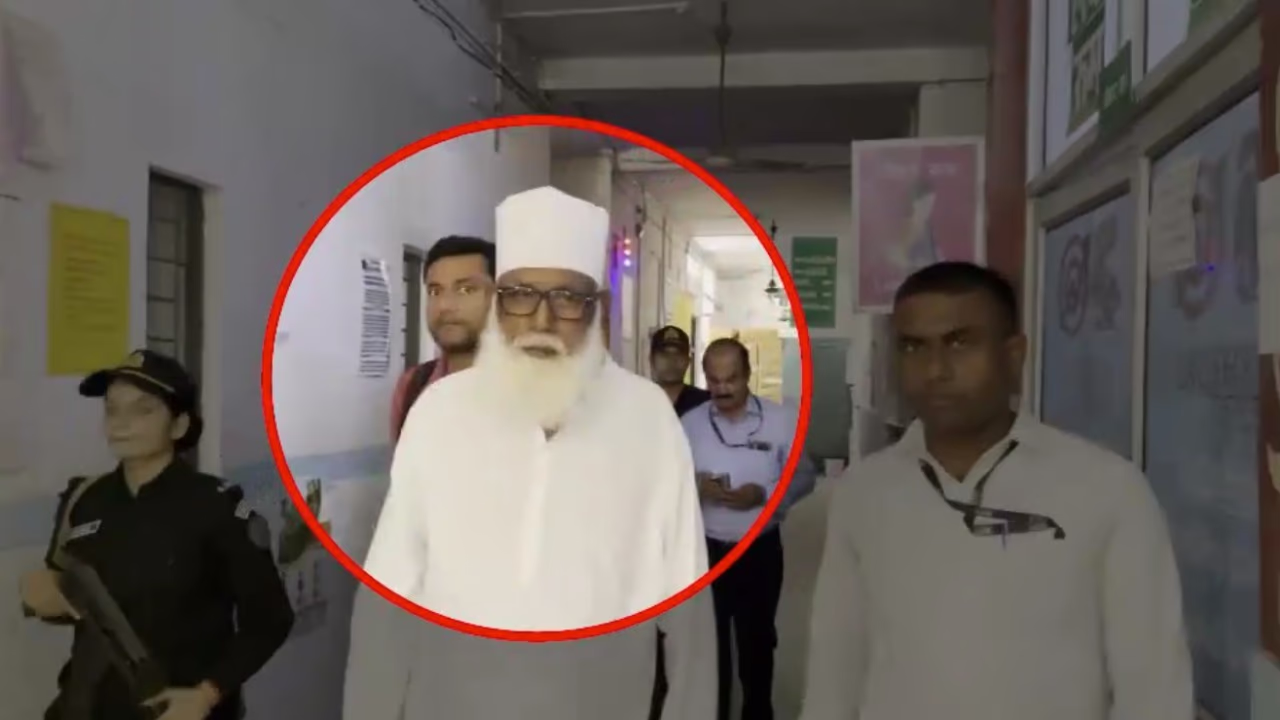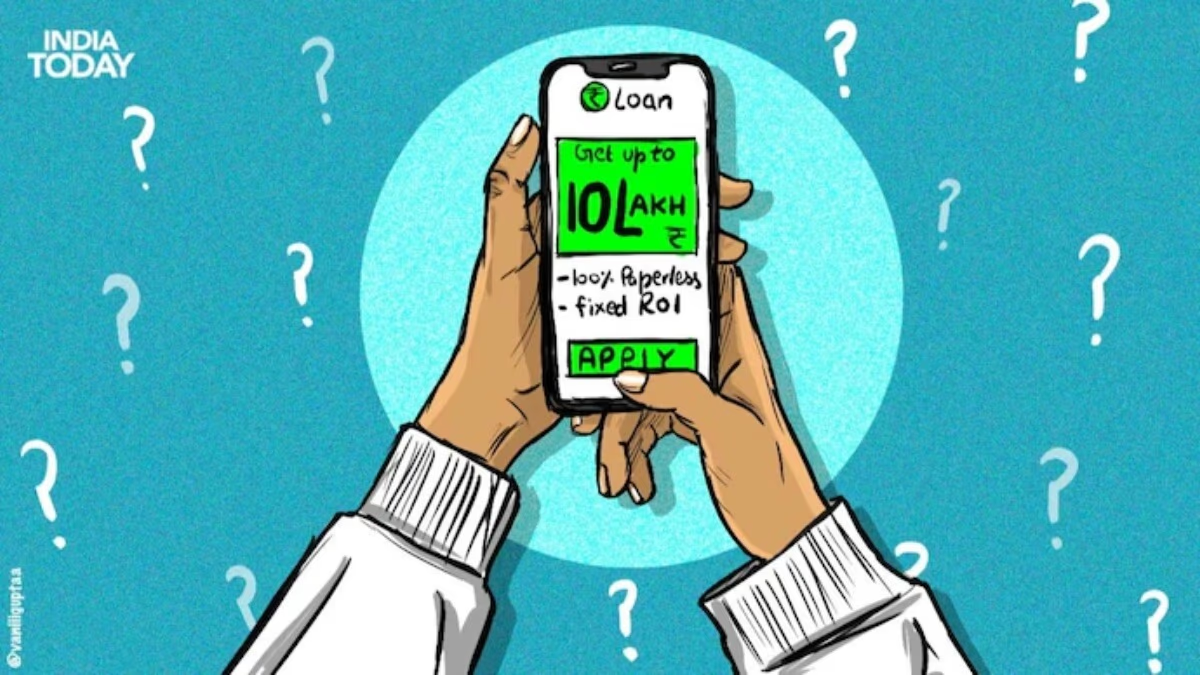Facing allegations of cash found at his residence, Justice Yashwant Verma of the Allahabad High Court is left with resignation as his only escape from impeachment. If Justice Verma resigns, he can secure his pension. This March, Rs 15 crore in cash was discovered at his home. The Supreme Court's internal inquiry committee found him guilty. Justice Verma has refused to resign, prompting preparations for an impeachment proposal during Parliament's Monsoon Session.
According to legal experts, the Constitution provides a process for removing any High Court or Supreme Court judge accused of corruption or misconduct. With these allegations and internal investigation reports, Justice Verma may declare his resignation before Parliament. In such a scenario, his verbal statement would be accepted as his resignation.
What Benefits if He Resigns?
Experts say that if Justice Verma resigns voluntarily, he will receive a pension and other benefits similar to a retired High Court judge. If he does not resign and is removed through impeachment, he will not receive pension or benefits.
According to Article 217 of the Constitution, a High Court judge may resign by addressing the President in writing with his signature. No approval is necessary.
What Needs to Be Done for Impeachment?
Under the Constitution, an impeachment proposal against Justice Verma can be initiated in either House of Parliament. In the Rajya Sabha, the proposal requires at least 50 members' signatures. In the Lok Sabha, 100 members must support it. According to the Judges (Inquiry) Act, 1968, once an impeachment proposal is accepted in any house, the house chair forms a three-member committee.
The committee, consisting of the Chief Justice of the Supreme Court, the Chief Justice of any High Court, and a renowned legal expert, investigates the grounds for calling the impeachment of the accused judge.
Parliamentary Affairs Minister Kiren Rijiju mentioned last week that Justice Verma's case is somewhat unique, as an internal committee formed by the then CJI Justice Sanjiv Khanna has already submitted its report finding Justice Yashwant Verma guilty of corruption. The government is considering whether a separate committee should be formed in Parliament or the previous report should guide the proceedings. The Speaker will also make a decision on this issue.
Historical Context of Judge Impeachment
Looking at the past, former Supreme Court judge Justice V. Ramaswamy and Calcutta High Court judge Justice Soumitra Sen faced impeachment proceedings. However, they resigned before the impeachment proposal could be passed.
The Monsoon Session of Parliament is set from July 21 to August 12. During this period, an impeachment proposal for Justice Verma may be introduced. If passed, it will be the first impeachment proceeding in the new Parliament building.




